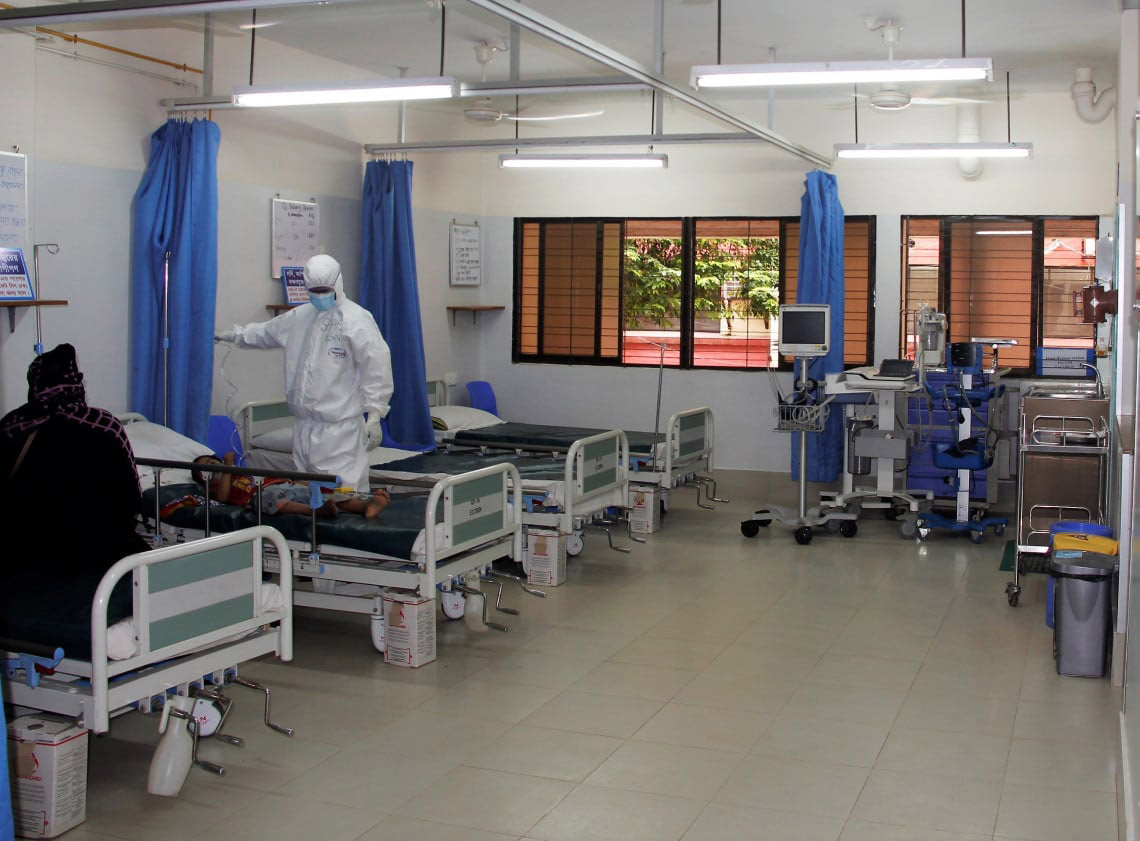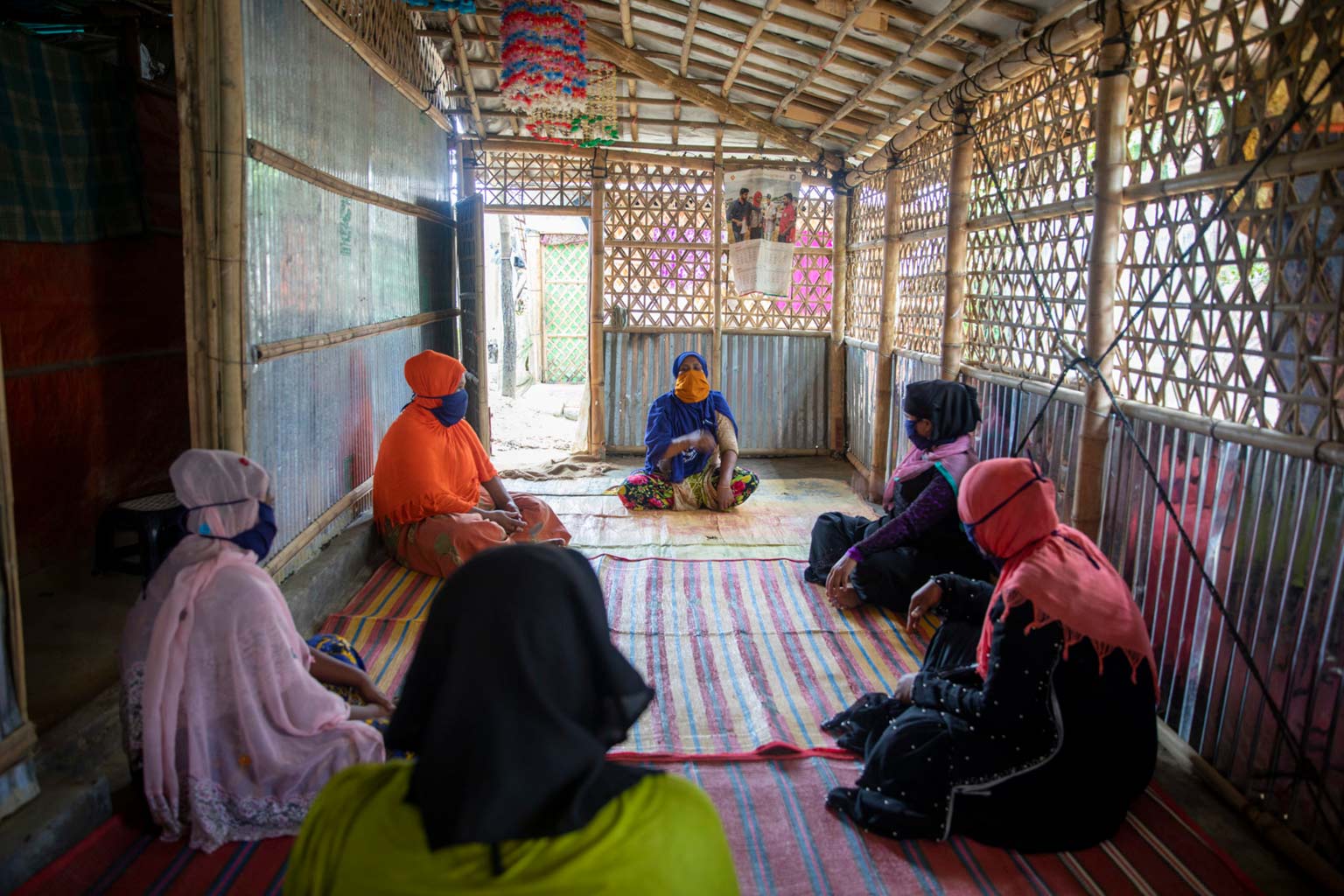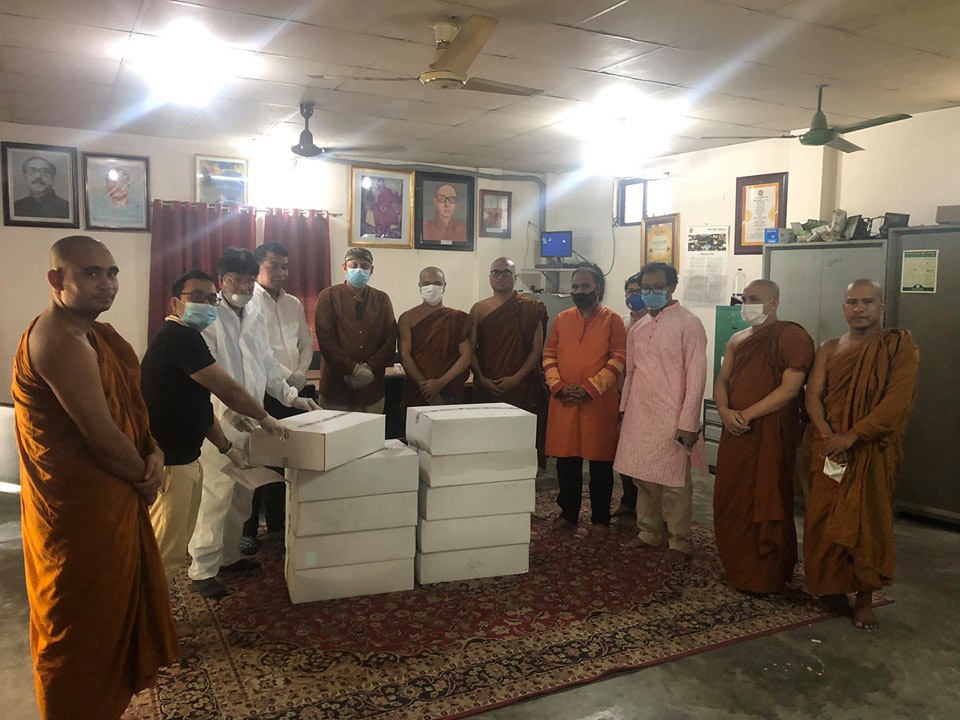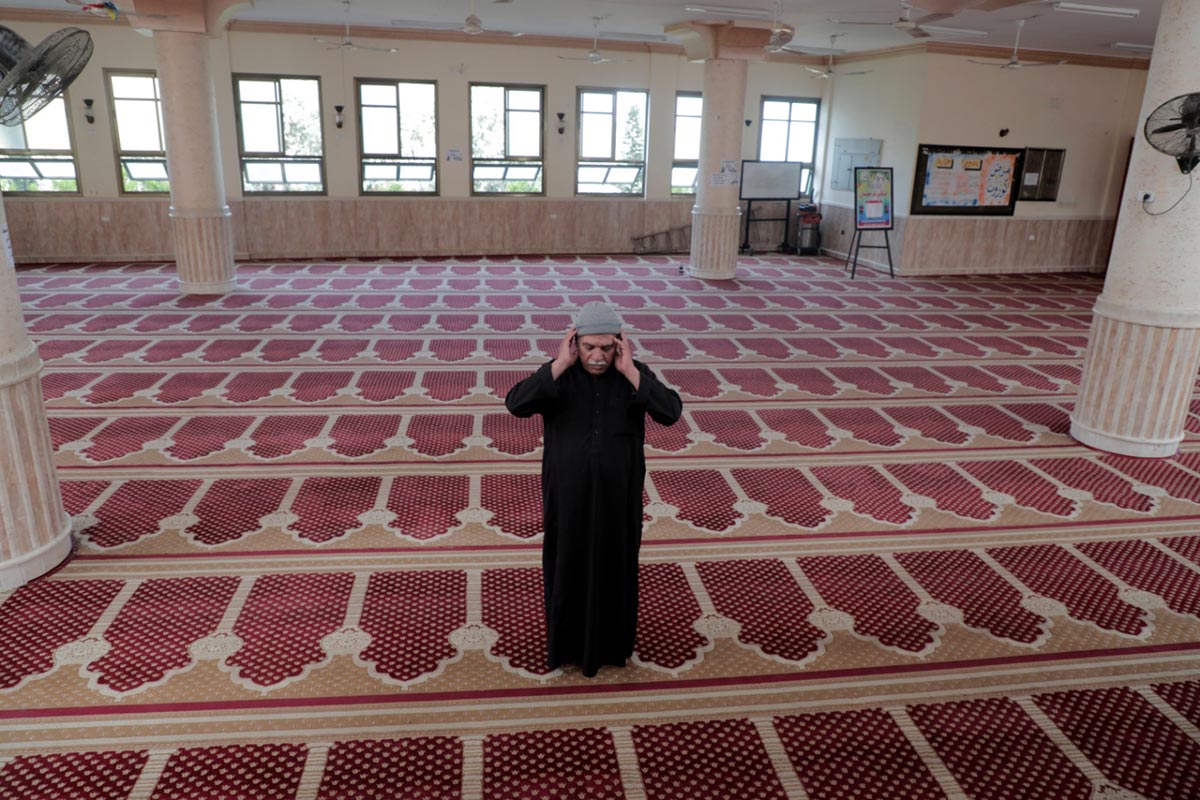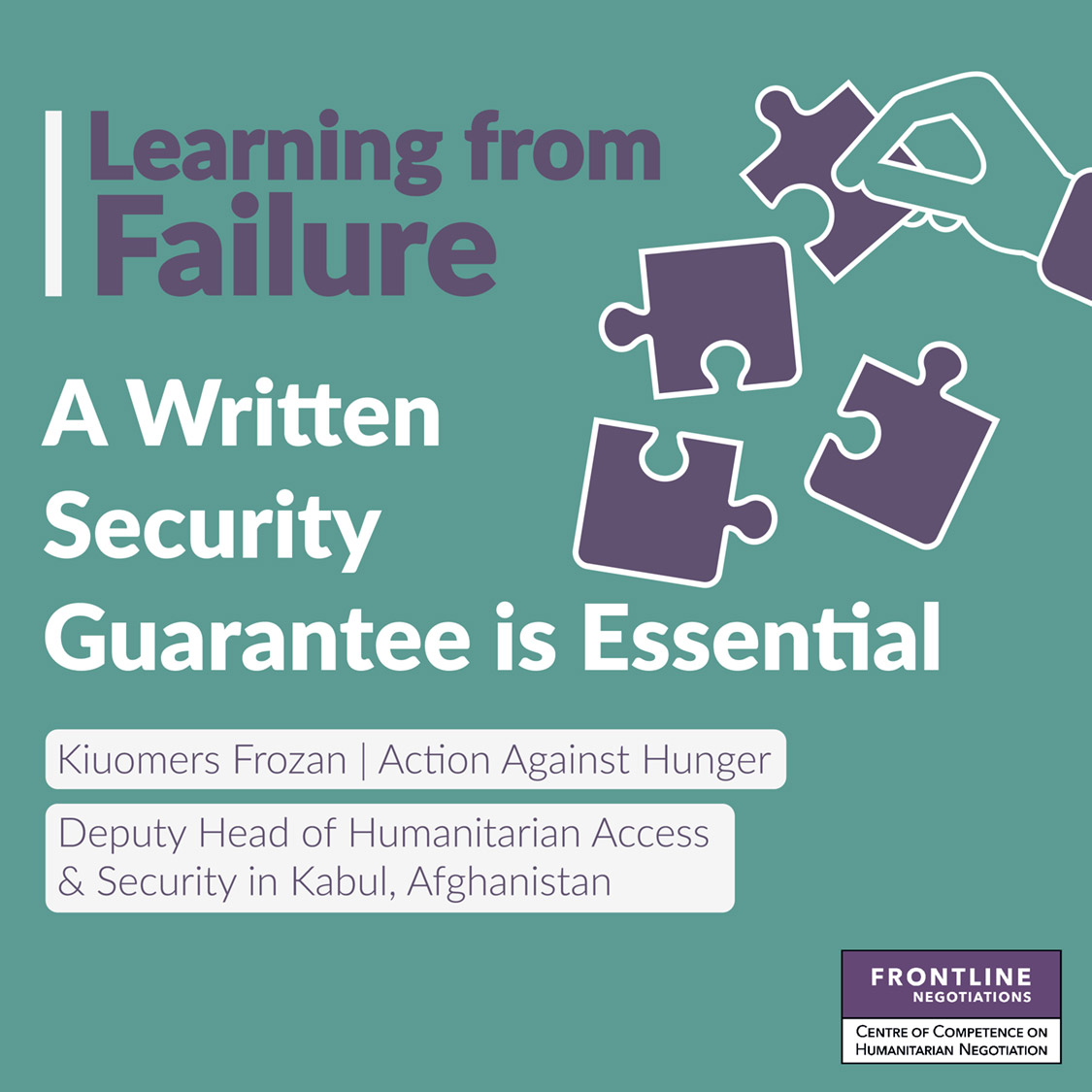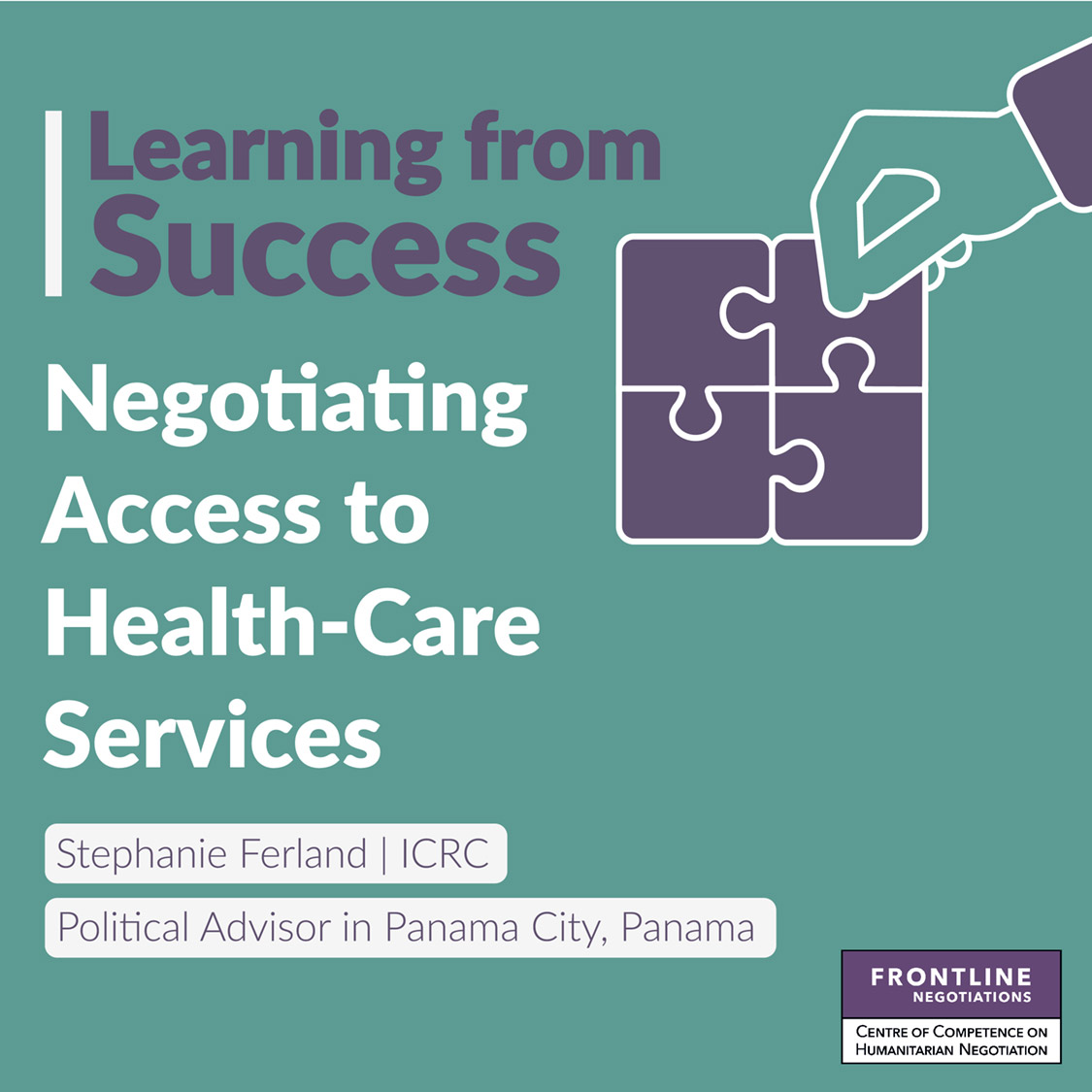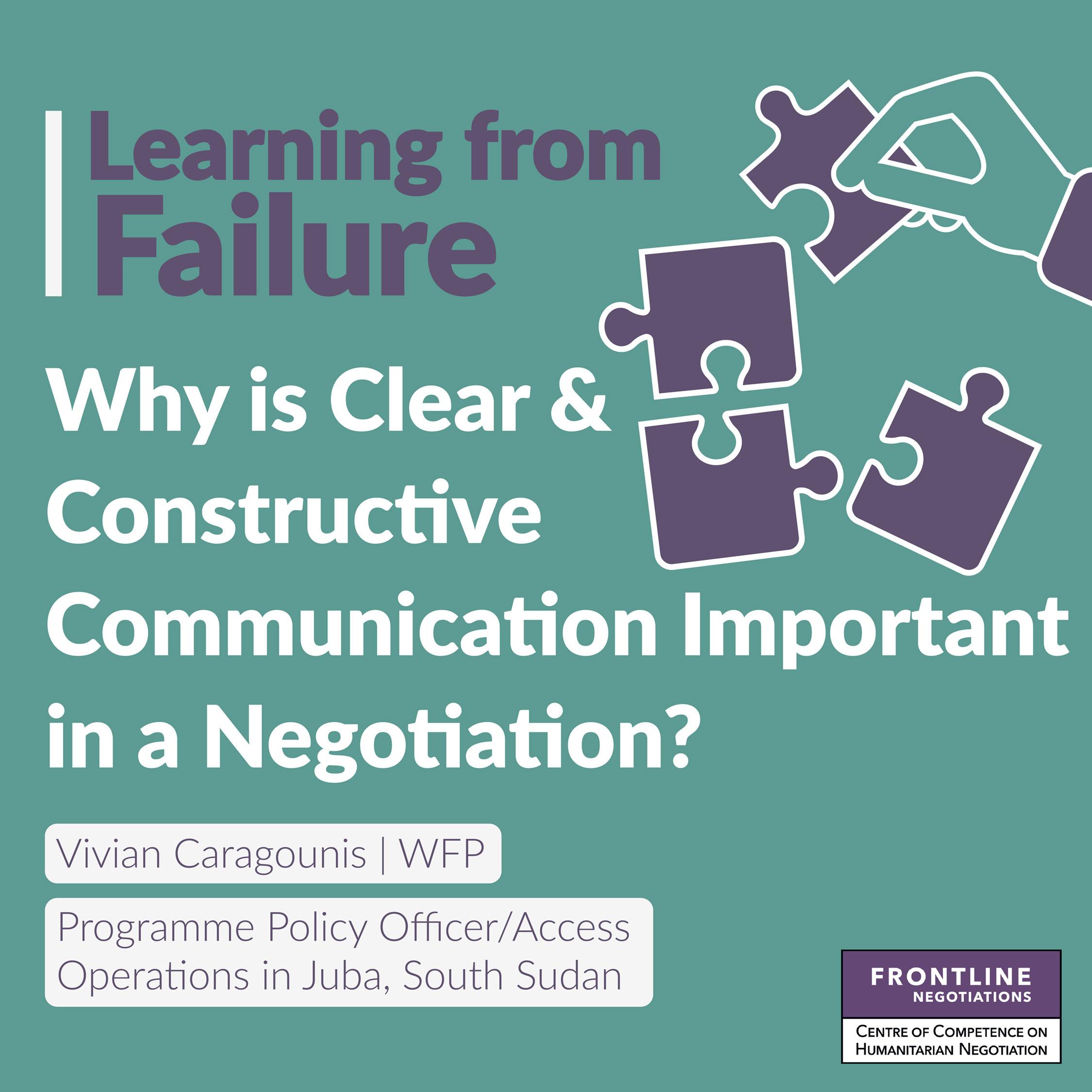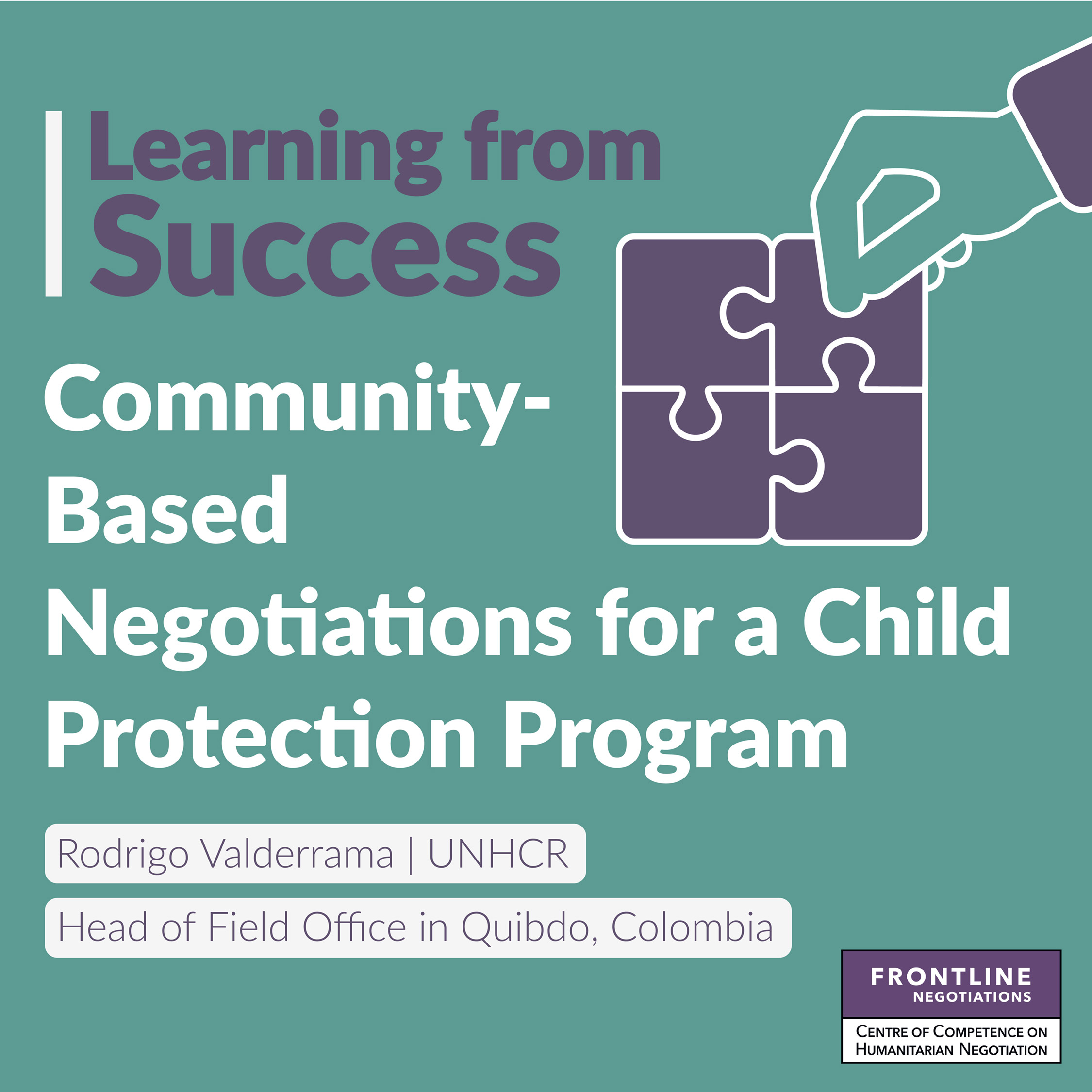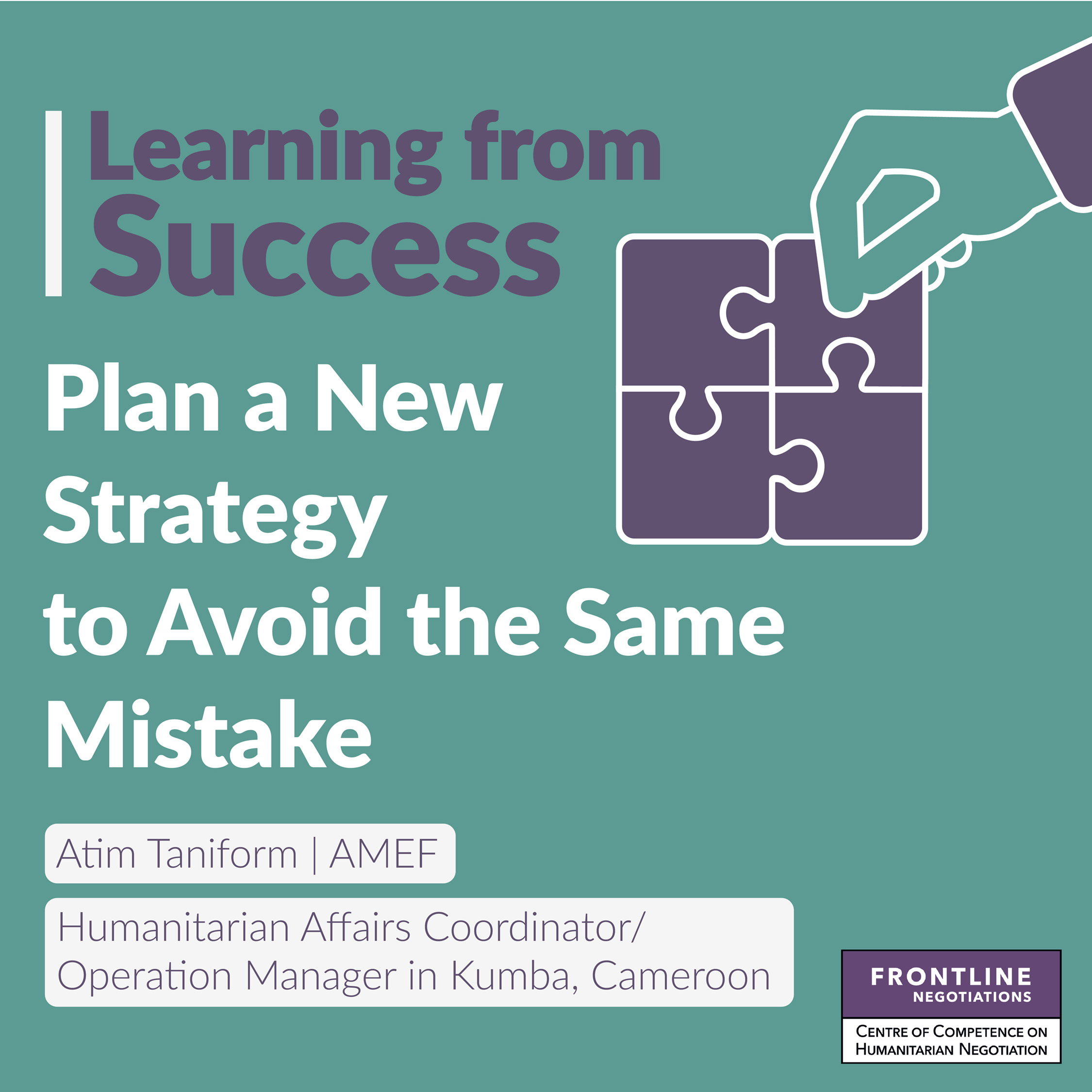
Located in north-eastern Syria, Deir Ezzor is the second largest Syrian province in terms of area, with a pre-crisis population of 1.7 million. Deir Ezzor is considered wealthy, with diverse agriculture, premium cattle herds, and several oilfields. When the Islamic State group lay siege to the city between 2014 and 2017, its residents were forced to leave their homes. Those who remained had to rely on the WFP for airdrops of food assistance to survive.

